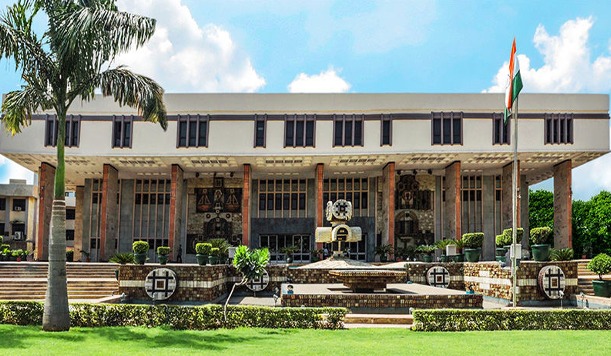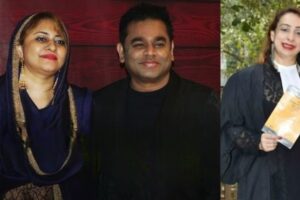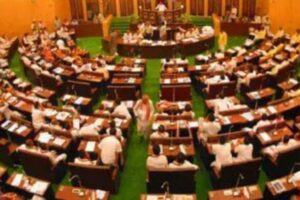
The Delhi High Court recently criticized the Assistant Controller of Patents and Designs for rejecting a patent application filed by BlackBerry without reasoning through a “mechanical, template and cut-paste order.”
According to a single bench of Justice Sanjeev Narula said that the controller should have provided reasons to support the conclusion in order to adhere to the principles of natural justice.
The bench stressed that identifying the grounds for appeal may be difficult for the applicant if the Assistant Controller’s directives lack adequate explanation.
“The Controller ought to have disclosed reasons to support his conclusion. Reasoning through a speaking order is a vital aspect of the principles of natural justice and is of utmost importance, which needs to be underscored. If the patent office’s orders lack proper reasoning, it may be difficult for the applicant to identify the grounds for appeal. The legal proposition that an order of such kind should be supported by reasons, needs no reiteration,” the bench stated.
In 2008, BlackBerry filed a patent application for an idea that allows users to zoom in on little text on touch-sensitive screen devices to make it easier to pick it.
In 2020, the Assistant Controller denied the application under Section 15 of the Patents Act. As a result, BlackBerry filed an appeal with the Delhi High Court.
The single bench stated that the reasons for dismissing the application in one of the paragraphs of the Assistant Controller’s order were essentially a word-for-word replication of BlackBerry’s claims, and so no rationale could be discerned from the paragraph.
The Court held that the condition of section 3(k) of the Patents Act was not met in the following paragraph of the contested order.
The bench stated that it could not understand how this conclusion was reached.
“The preceding lines are the only rationale in the challenged order. As a result, the Court is perplexed as to how this determination was reached. Merely stating that the subject invention is not patentable because it is a mathematical or business technique, a computer program in and of itself, or an algorithm is insufficient.”
The Court noted that the order contained details of the invention, claims made therein, and the proceedings, but the essence of the matter was the absence of rationale supporting the final conclusion, a task that the Assistant Controller had entirely failed to fulfill.
“This renders the choice arbitrary, implying a subjective determination lacking objective criteria. Such mechanical, template, and cut-and-paste orders cannot be sustained and should be strongly discouraged,” Justice Narula added.
The single bench emphasized that in a recent Delhi High Court decision in Dolby International AB v. The Assistant Controller of Patents and Designs, Justice C Hari Shankar was unable to identify the reasoning in the order challenged in the case and had observed that concerned officers of the Controller of Patents and Designs office must keep in mind that the grant and rejection of a patent is a serious matter.
These statements, the bench stated, must resonate with the Patent Controller’s officials and they must practice due application of mind while rendering decisions.
“Well-articulated reasons in such decisions would establish that the judgment was reached with sufficient care and would allow for more effective judicial review, if necessary,” it further observed.
Holding that the contested order failed to meet the basic requirements of any order adjudicating on patentability of an invention, the Court determined it was unable to examine it on merits and, as a result, quashed it and remanded the matter to the Assistant General for reconsideration before another officer.





